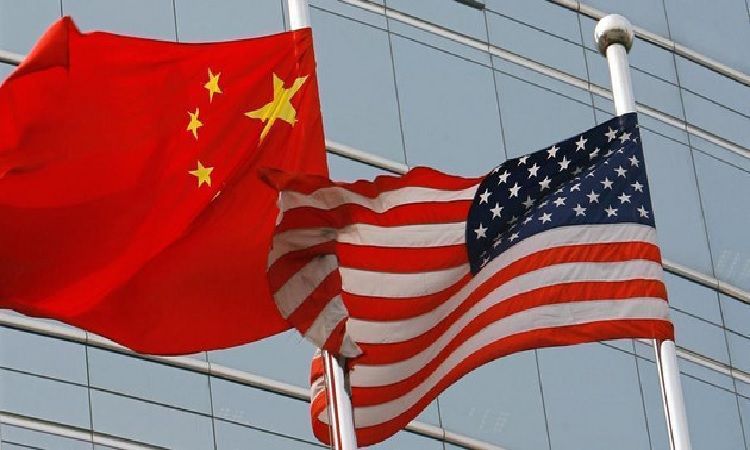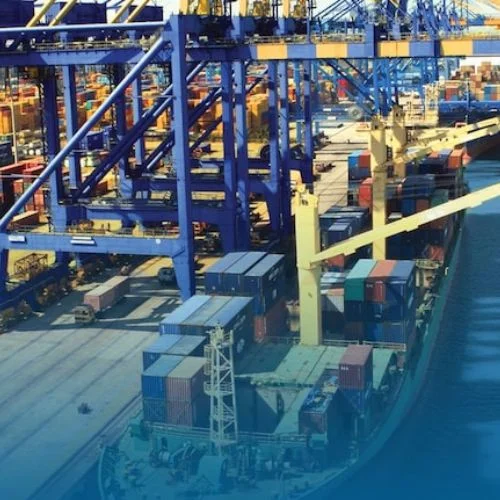The Biden administration is attempting to precisely target U.S. export restrictions to China, according to Gina Raimondo, Secretary of Commerce, but regulations will cost businesses some income.

Raimondo stated at a symposium that restrictions shouldn’t be so rigid “that you deny American companies revenue and China can get the product elsewhere, or China can get the product from other countries.” “We think it’s worth it,” the rules state, “even though it will cost American companies some revenue.”
The most influential semiconductor lobby group recommended a stop to new limits being considered, and last week, executives from U.S. chip companies met with top Biden administration officials, including Raimondo, to discuss China policy.
In the statement, Raimondo stated that the government is working with businesses “to get to the right place so we don’t damage American business but quite frankly protect American national security.”
According to the Semiconductor Industry Association, China was the world’s largest single market last year, contributing $180 billion in semiconductor purchases, or about a third of the $574.1 billion global total.
China is vital for the sales of Nvidia (NVDA.O), Qualcomm (INTC.O), and Intel (QCOM.O). For the sale of mobile phone chips to Huawei (HWT.UL), only Qualcomm has a permit from American regulators.
The Biden administration is considering revising a broad set of regulations put in place in October to cripple China’s chip industry and a new executive order banning some outbound investment.
According to Raimondo, “This isn’t about holding China back or denying them commodity technology.” China wants access to the most cutting-edge technology available in the US “to advance their military and we’re not going to allow that,” the official added.
Among the government representatives who met with Intel, Qualcomm, and Nvidia last week were Raimondo, Secretary of State Antony Blinken, Director of the National Economic Council Lael Brainard, and Director of the National Security Council Jake Sullivan.















